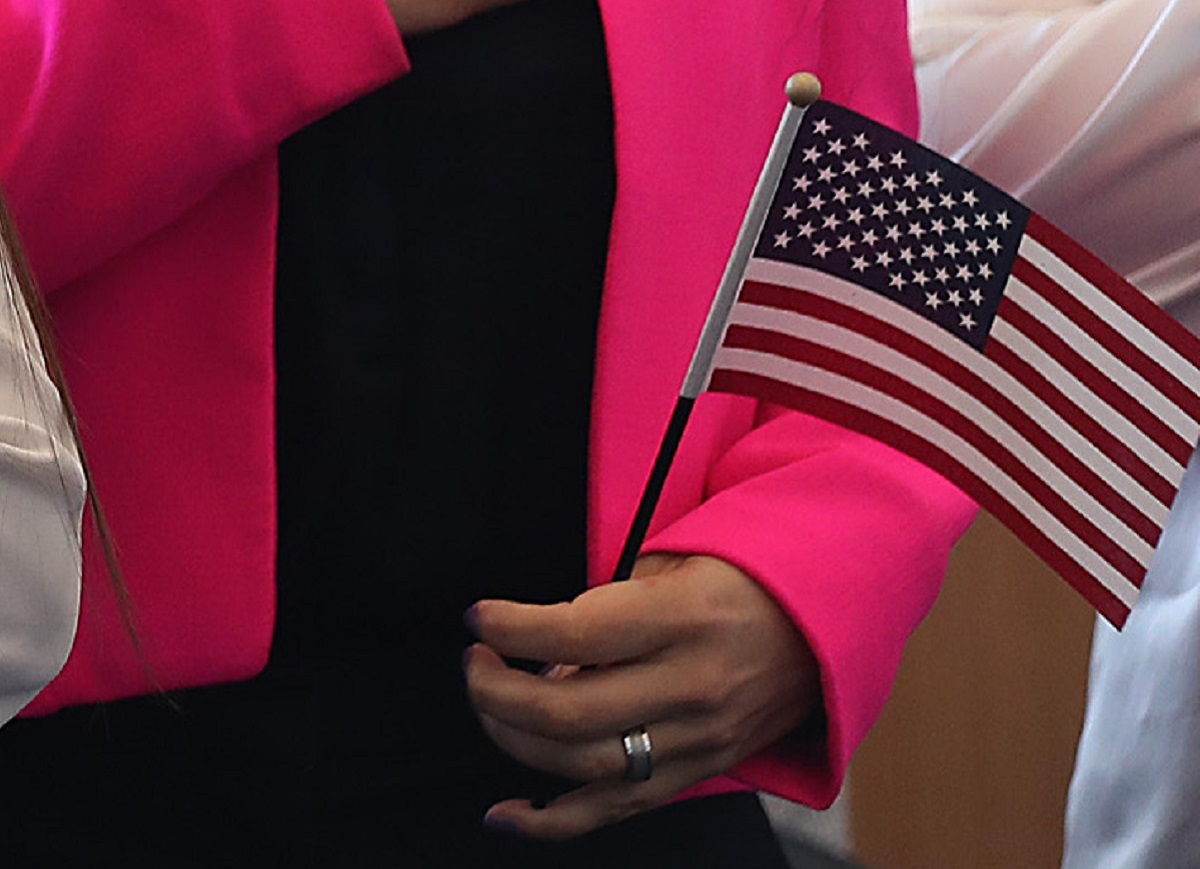The Fourth Circuit of Appeals determined that the immigrant Katherin Mejía-Velásquez, originally from Honduras, had failed to comply with her appointment for biometric data, a key step in her asylum request, for which he was not entitled to immigration protection.
The opinion written by Judge Victor Niemeyer was supported by Judge Julius Richardson, but rejected by Judge Diana Motz.
“We conclude that the files show that she received the notification that substantially specifies the requirements”, says Judge Niemeyer regarding the decision of the Board of Immigration Appeals (BIA).
Mejía’s defense- Velásquez alleged that she had not received the correct notification about going to a center of the office of Citizenship and Immigration Services (USCIS) to have her photograph taken, her fingerprints and her signature recorded, for which she failed to comply with part that of the asylum process, the same that applies to any other type of visa application, including the ‘green card’.
The judges of the court considered that the immigration judge who handled the case acted correctly when considering that the immigrant had “abandoned” her case by failing to comply with the biometric data process.
“In her request for review, Mejía-Velásquez maintains that overrule the BIA’s decision and that her case should be remanded for consideration of her application… She primarily argues that she did not receive sufficient notice that she was required to provide biometrics… and that the BIA’s decision upholding the notice given in this case it was based on its erroneous decision”, exposes the opinion of Judge Niemeyer.
The immigrant’s defense argued that she does not speak English, so she did not know what the USCIS notification on biometric data was referring to. The Court of Appeals considered that the Honduran “should not receive any deference” in this regard.
Katherin Escarleth Mejía-Velásquez, of years old, she decided to migrate to the United States after a gang member linked to an opposition political party physically and sexually abused her, a sister and her mother, in addition to murdering her uncle.
She arrived without authorization in February of 2016 and the following month the Department of Homeland Security (DHS) initiated a process deportation, but she filed for asylum.
Judge Motz supported that the immigrant had an opportunity to complete her migratory protection, since in her opinion she considered that the BIA made a decision “based only on one point procedural: they had not taken his fingerprints”.
Attorney Jeremy McKinney, president-elect of the American Immigration Lawyers Association (AILA), considered the Fourth Circuit’s decision “nonsense.”
“In this specific case, the notice was in English and his former lawyer didn’t explain to him, but that was good enough to stop his asylum application from going forward,” he said in a thread on Twitter.
He added that there is a total lack of coordination between USCIS and the Immigration and Customs Enforcement (ICE) office for the collection of fingerprints and other biometric data, in addition to the fact that it is practically “impossible” to go directly to a center for this process.
“What I want to say is that it is difficult enough to comply with the fingerprint requirement WITH notice, never mind a case where the notice is in a language that [el inmigrnate] cannot read and is represented by a useless lawyer”, he pointed out.
